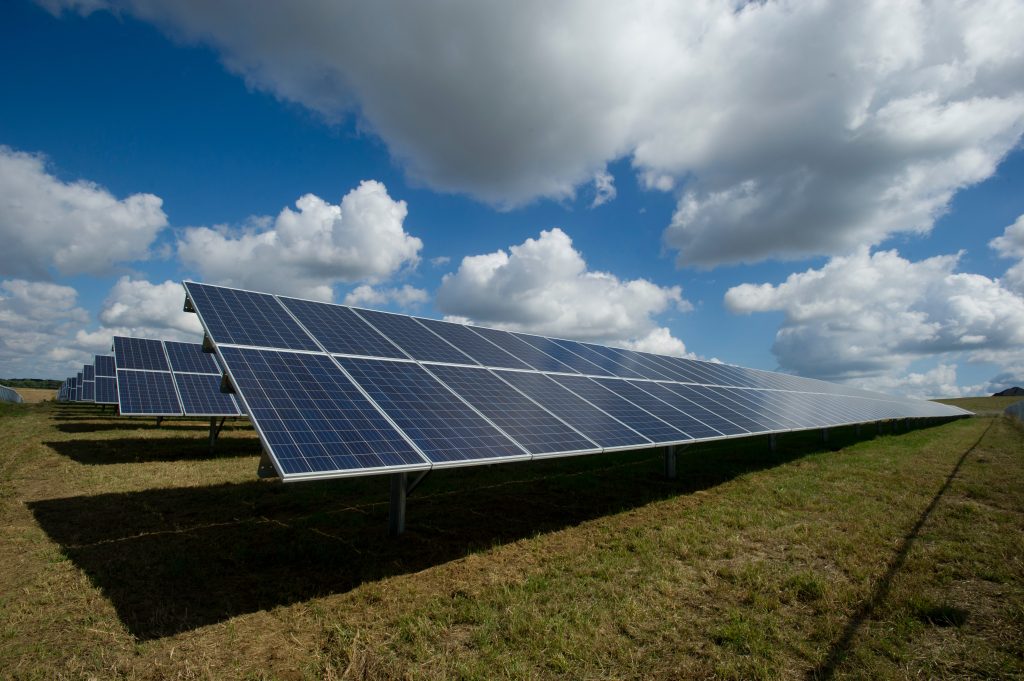Focusing on the financial benefits of solar panels could increase the number of homeowners committing to adopting them, in spite of the often-large price tag, according to new research from Rotterdam School of Management, Erasmus University (RSM).
Prof. Ting Li from RSM, with Dominik Bär and Prof. Stefan Feuerriegel of Ludwig-Maximilians-Universität München, and Prof. Markus Weinmann of the University of Cologne, investigated the effectiveness of different ways of framing the messages about solar panels, which encourage the use of clean energy. The relatively large investment required to instal solar panels has been a barrier to their use on people’s homes.
The researchers were able to show that the way the message is presented can significantly increase the number of customers committing to adopting solar panels. They gathered empirical evidence from a large randomized controlled trial of more than 26,000 participants, with a nationwide online retailer in the Netherlands, using its website to test their messages and gauging customers’ responses.
Four different messages to promote purchasing solar panels were trialled:
- outcomes for the homeowner
- outcomes for the environment
- cost savings versus earnings for the homeowner
- reducing emissions versus generating clean electricity for the environment
All four messages were effective to some extent – the researchers observed a higher rate of customers committing to solar panels compared to the baseline. But the message that presented cost savings for the homeowner was by far the most effective, resulting in a 40% higher level of commitment than the baseline, and 30% higher than the average of the other three messages, which all scored about the same.
“Contrary to expectations, we found that framing the decision as a personal financial benefit, specifically through cost savings, was significantly more effective than highlighting environmental advantages. This outcome challenges the assumption that pro-environmental concerns are the primary drivers of investment in green technologies like solar panels.
“This surprising finding highlights the importance of personal economic incentives in driving decisions for large-scale green investments, over environmental motivations. Our results show that message framing is cost-efficient and scalable among retail consumers for promoting large-scale investments in green technologies and thus clean energy.
“While some countries have implemented policies with financial incentives to promote solar panels, these can be costly. We wanted to find cost-efficient alternatives to promote green technologies, specifically solar panels, through behavioural interventions,” says Ting Li.
By understanding which messaging strategies work best, more consumers can be nudged towards making environmentally responsible choices, leading to a larger-scale transition to renewable energy sources.
You can read the full research paper by Dominik Bär, Stefan Feuerriegel, Ting Li, and Markus Weinmann, Message Framing to Promote Solar Panels in Nature Communications
Featured Photo by American Public Power Association on Unsplash.



